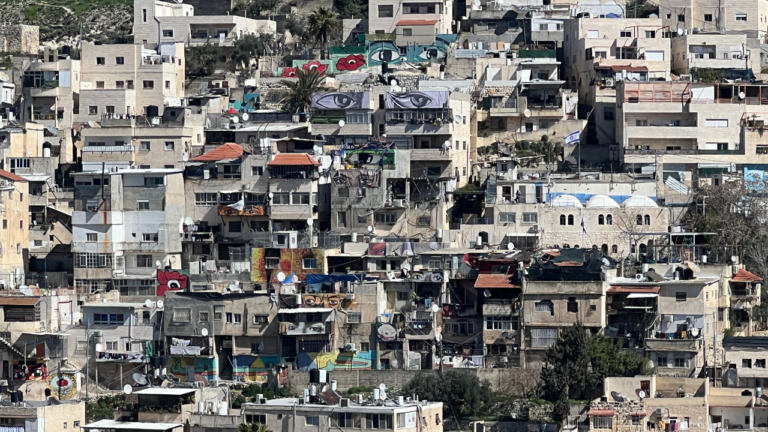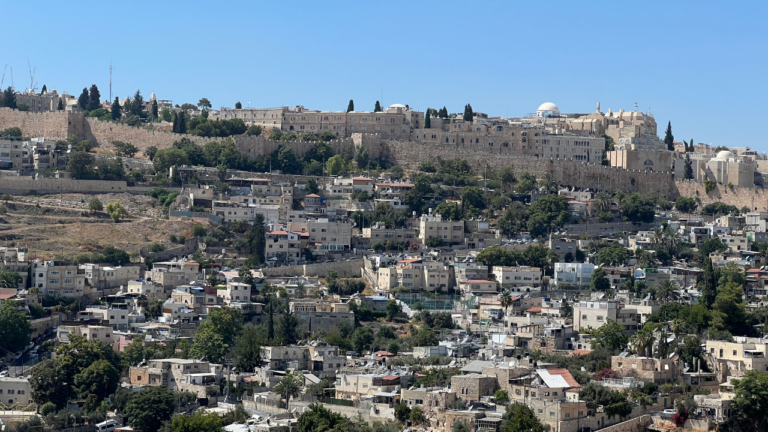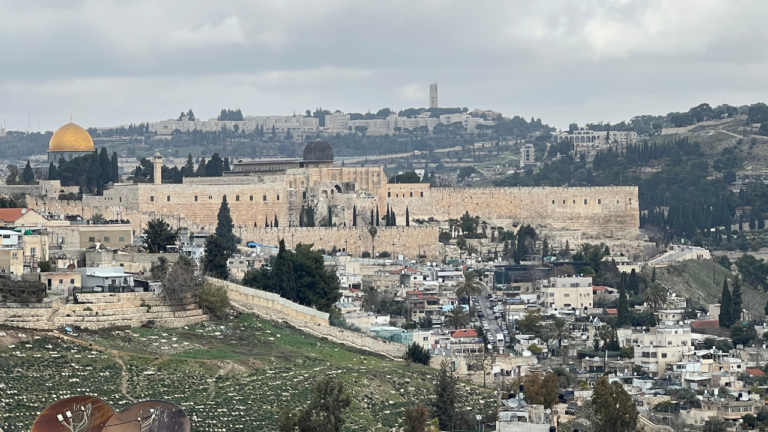Preparing for Jerusalem
During the plague of Arov, the Torah records a negotiation of sorts between Pharoah and
Moshe. Pharoah tells Moshe that if his goal is that the Jewish people should have an opportunity to
serve God and offer him sacrifices, there is no reason for that not to occur within the borders of the
Land of Egypt. Moshe, though, insists that the service and sacrifices must take place at a location that
is a three-day journey from Egypt.
On a simple level, Moshe’s rejection of Pharoah’s terms is due to the fact that the Egyptian
population would not look favorably on Jewish worship before their eyes and would attack the Jews.
The Shem MiShmuel, though, offers a deeper look at Moshe’s demand and gleans a key insight into
proper service of God.
Pharoah did not think that the service of God requires any special preparation. He felt that the
Jewish people should be able to bring sacrifices immediately, in Egypt. Moshe, however, taught
Pharoah and through him all of us that this is not the case. Proper service of God requires preparation.
The journey into the wilderness was not merely a geographical relocation. Rather, it would be three
days of introspection, of leaving one’s more mundane mindset and entering into a more spiritual one.
Only after this preparation could they properly offer sacrifices to God.
Once the Jewish people are living in the Land of Israel the preparatory journey that the Shem
MiShmuel spoke of became the pilgrimage to Yerushalayim. In fact, the Talmud2 says that we derive
that the word “Chag” in the Torah refers to the bringing of sacrifices on a holiday from Moshe’s
words to Pharoah: “send out my people and let them offer sacrifices (veYachogu Lee) in the desert.”
In the time when pilgrimages were being made and sacrifices offered in the Beit HaMikdash, the
majority of Jews lived outside Yerushalayim and needed to travel for up to two weeks to reach the city for each holiday. While this journey was time consuming, it was ideally supposed to be a time of
preparation for the experience of being in Yerushalayim.
The pilgrim would contemplate the meaning of upcoming holiday and internalize its message.
He would travel through large swaths of the Land of Israel and appreciate the beauty and bounty of
the Land to be able to properly thank God for it in the Beit HaMikdash as we find regarding the
farmer who brings Bikkurim. He would presumably meet other Jews on the road to Yerushalayim
and connect to the Jewish people more broadly.
After the physical, spiritual and mental labor of the journey, the pilgrim would finally arrive
in Yerushalayim. At this point he had traveled his “three days” in the desert and was fully prepared to
soak in the experience of the holiday in Yerushalayim. One can only be ready to receive what
Yerushalayim has to offer after a regimen of personal preparation



